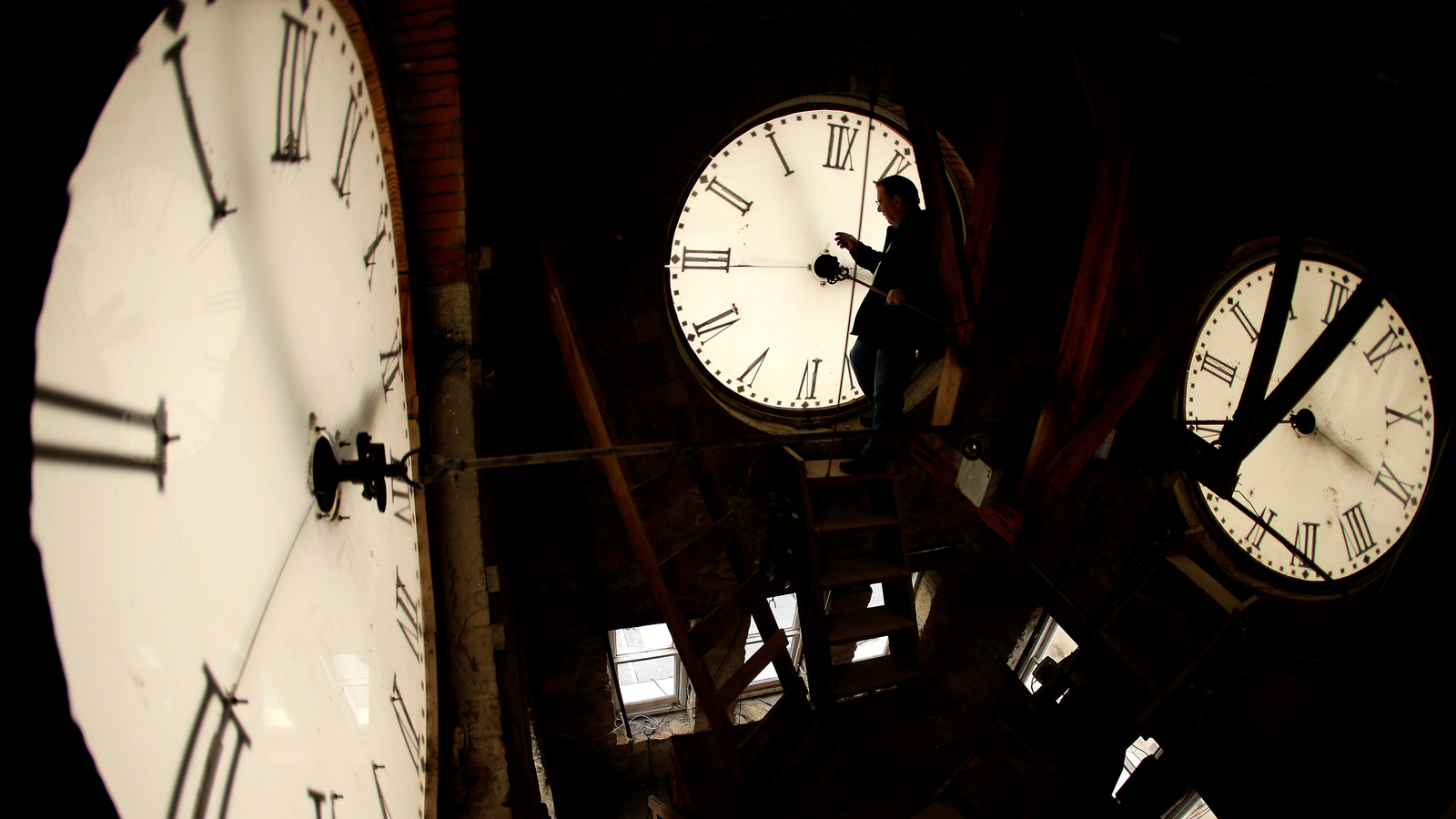
""The really, really awesome advantage is the bright evenings, right? It is actually having hours of daylight after you come home from work to spend time with your family or activities. And that is wonderful.""
""In the 1890s, George Vernon Hudson, an astronomer and entomologist in New Zealand, proposed a time shift in the spring and fall to increase the daylight. And in the early 1900s, British homebuilder William Willett, troubled that people weren't up enjoying the morning sunlight, made a similar push.""
Daylight saving time has been a practice for over a century, originally proposed by George Vernon Hudson and William Willett. It was first adopted during World War I by Germany to conserve energy, with the U.S. quickly following. About 70 countries implement this practice today, although it remains widely debated. Proponents highlight benefits like increased daylight in the evenings, allowing for more outdoor activities after work. Experts note, however, that the clock change can disrupt people's routines, despite its advantages in fostering social and recreational opportunities.
Read at ABC7 Los Angeles
Unable to calculate read time
Collection
[
|
...
]